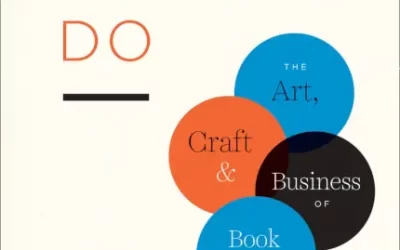
Are you considering writing a book? Maybe you have a vague idea of a story you’d like to tell, but you aren’t quite sure, or maybe you have a solid idea of what you want to write, but … What might you be missing?
When I started writing my (still unfinished) book a few years ago, I had no understanding of the journey I was about to take. I later learned that the way I began writing – I’d just STARTED WRITING – has a name: It’s called Pantsing. And from what I’ve learned since then, “pantsing” is the opposite of “plotting.”
As a newbie-novelist, the act of pantsing tossed me into a spiral of open-ended storylines and left me with several characters that may not, after all, be useful to the story (But wait! They’re all like my children!). And Pantsing might work well for some writers, but for a first-time attempt, I think plotting would have helped me a LOT, and in the hopes that it can help you, too, I have listed twenty questions and suggestions below, that I wish I would have known before I’d started my story. These questions have led me to a world of learning about my characters and their stories. Warning: These questions will lead to more questions. But the good news is, that’s usually a good thing.
First, the all-encompassing book-writing questions:
- What genre(s), sub-genre(s), and age category are you writing for?
- Do you know the standards for your book’s genre and age? Make sure you’ve read a lot of that kind of literature, to get a good idea of where your book fits.
- Popular genres include: picture book, children’s lit, chapter book, middle grade, young adult, new adult, and adult.
- Sub-genres include: action, adventure, Bizarro fiction, Christian fiction, contemporary, erotica, fantasy, fairytale re-telling, graphic novel, horror, humor, historical fiction/romance, inspirational, magical realism, mystery, memoir, mainstream, literary fiction, nonfiction, paranormal, poetry collection, romance, sci-fi, short-story collection, speculative fiction, superhero, suspense, thriller, time travel, urban fantasy, westerns, women’s fiction… The list goes on.
- Knowing your supporting themes (and what they mean) can be helpful, too – themes like Black Voices Matter; Disability; Immigrant Story; LGBTQIA+ subjects; Interracial/Multicultural; Mental Health; Neurodiversity; Own Voice; Person of Color, etc.
Now, on to your story.
- Where and when does the story take place?
- Who is your main character (MC)?
- What is your main storyline/plot?
- Will you have more than one storyline, more than one MC? Plot those buggers out!
- What point of view will you be writing from? Third person? First-person? Omniscient? Something else? Be consistent.
- How does the plot connect your MC to everything?
- Will you start your story in the beginning? At the end? Somewhere in the middle? Advice: Figure out where your MC starts the journey that leads them to an inciting incident, then back it up just a little from that point.
- What are the stakes in this story? What does your MC have to lose or gain, and what problem(s) are they facing?
- How does your MC handle conflict? Do they withdraw, lash out, get sad, overreact, or remain level-headed?
- In what ways does your MC change/grow throughout the story?
- What kind of voice does your story have? Make sure the story has a solid personality/mood.
- Spread the story out; don’t bombard readers with too many details at once.
- Who are the supporting characters, and how do they enhance the story?
- What is the climax in your story?
- It may also be helpful for you to know how the story will end before you start it. Tragically? Happily? Will your story have a moral ending, a cliff-hanger or reflection-inducing ending, or a surprise ending?
- Consider creating a Pinterest page or scrapbook for your story; clip images of things that are important to the theme, the story, or the characters. For example – my MC rides a Harley from the 1960s. I found a photo and put it on my book’s Pinterest page. Be as detailed or as general as you please. Post stuff that inspires you to write more about it.
- If music helps you write, consider putting together a music playlist, or a favorite album or radio station that can help you get into the story-writing groove. Or silence. Silence is good, too.
There you have it. That’s your first 20 things to consider when plotting out and writing your story.
Are you inspired to get to it now?
Yes?
GO!
Write on!
By: Deana Rodriguez
Deana is a Senior Editor at Technica Editorial




